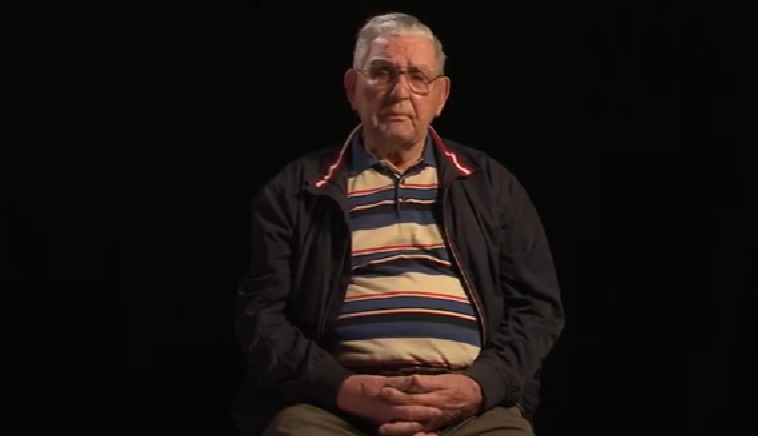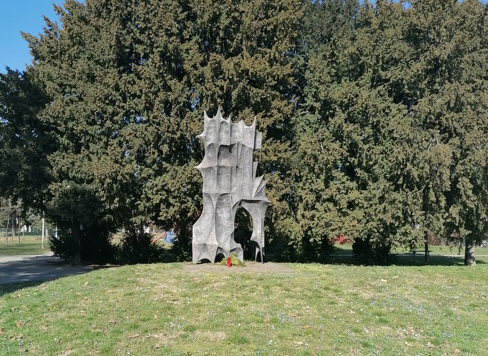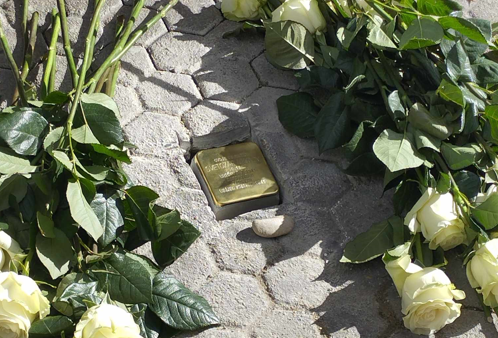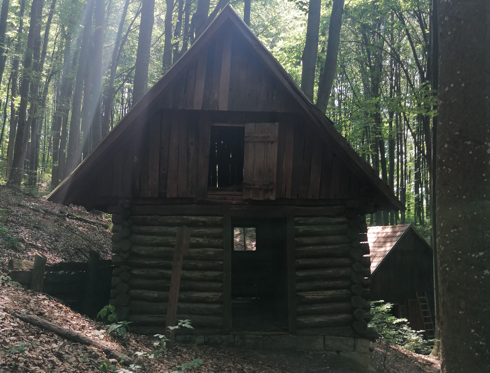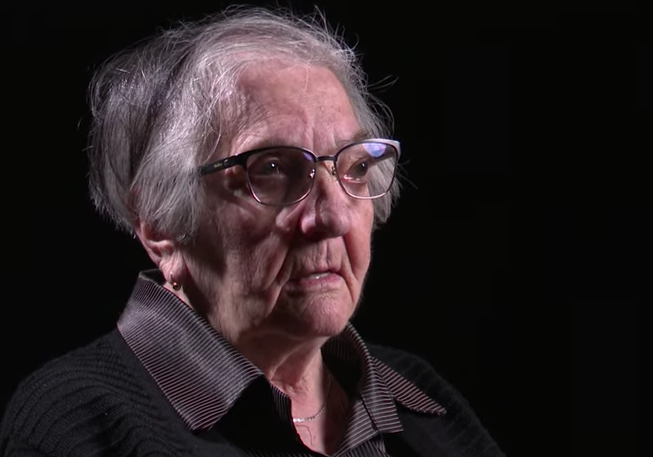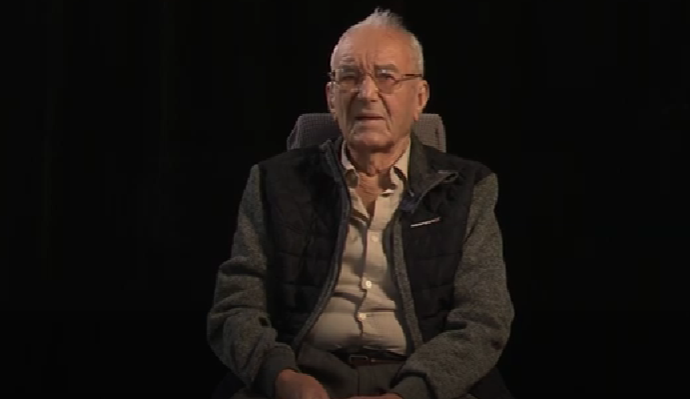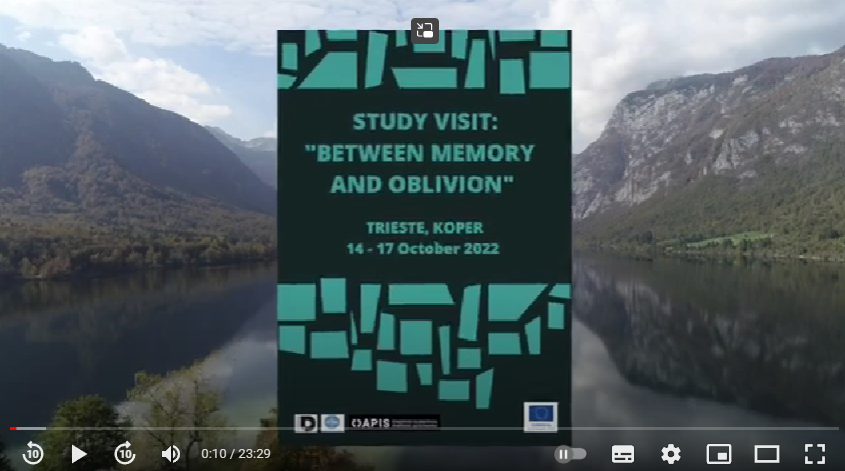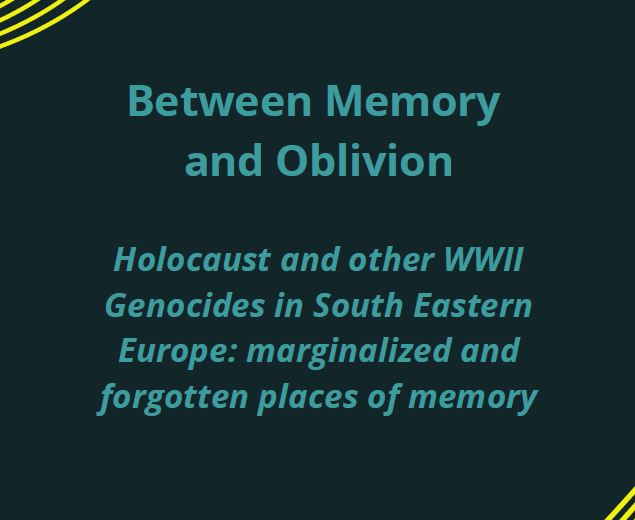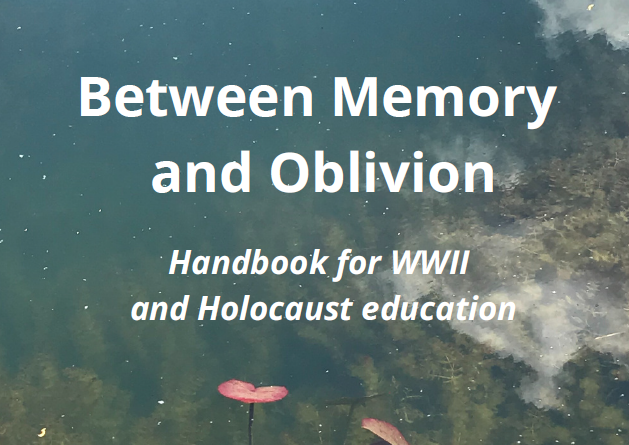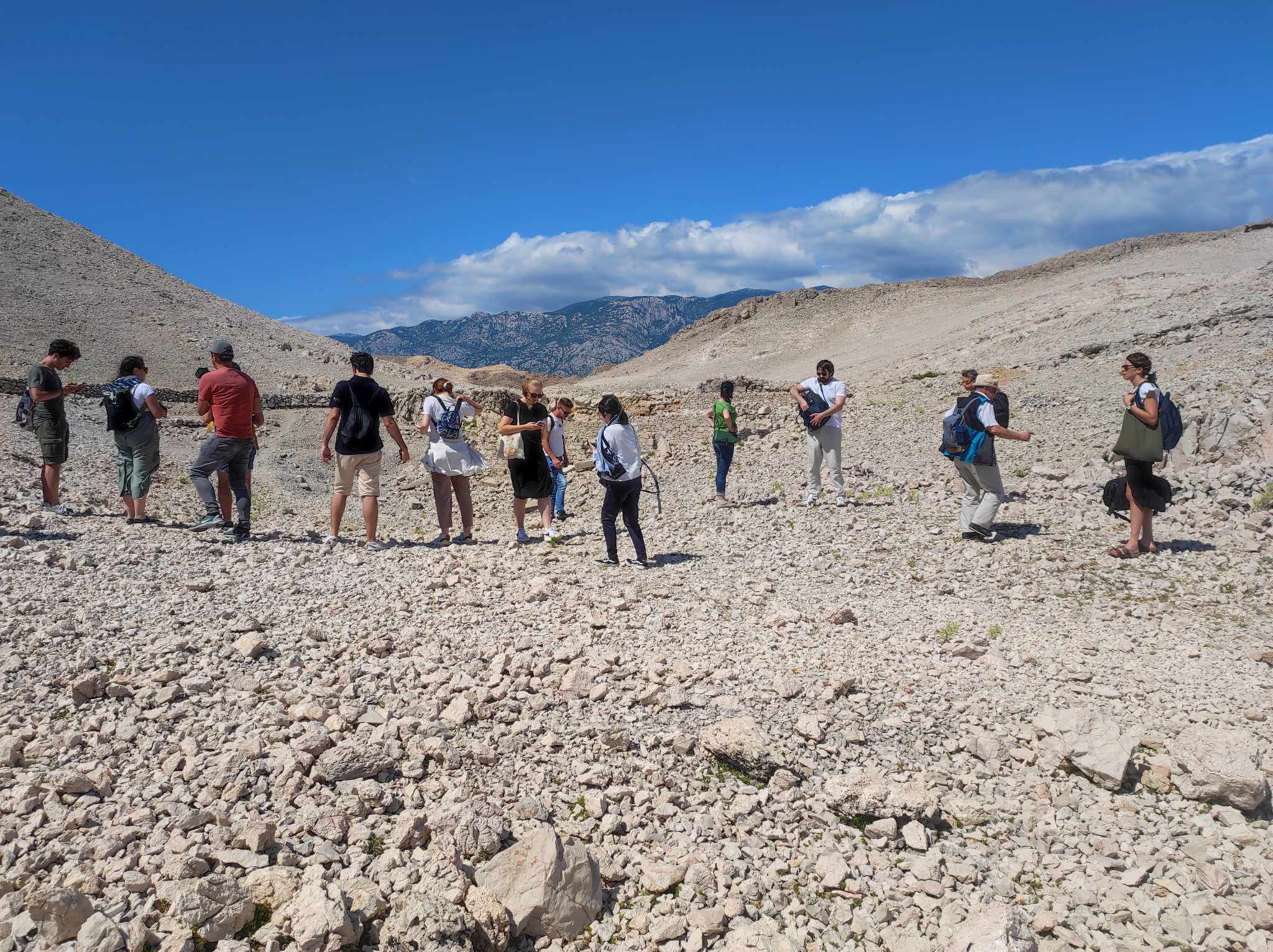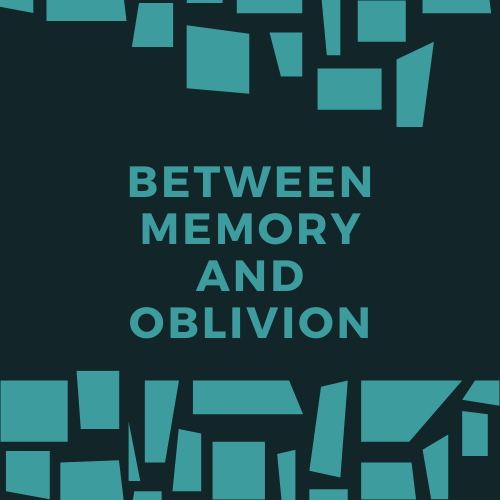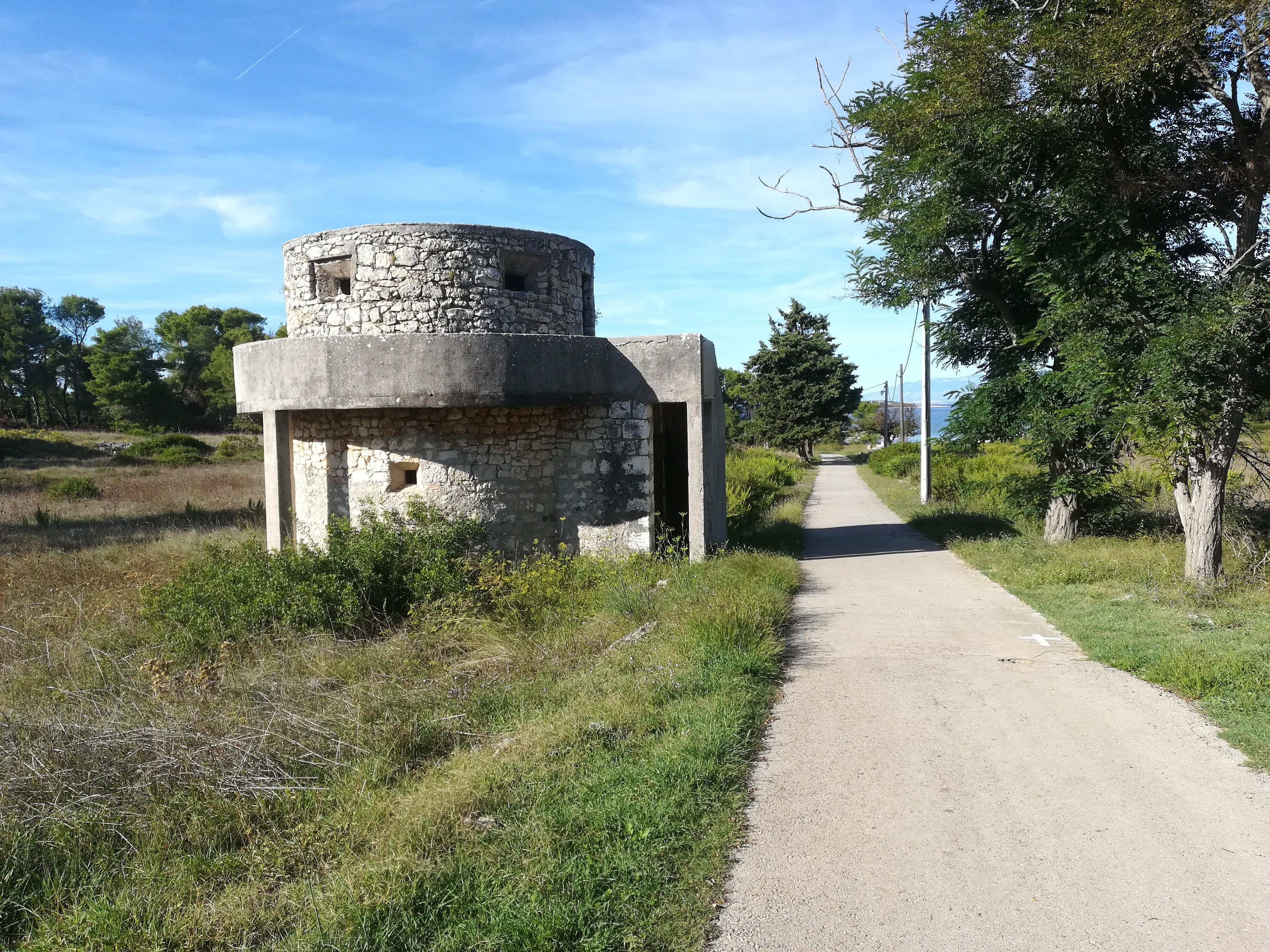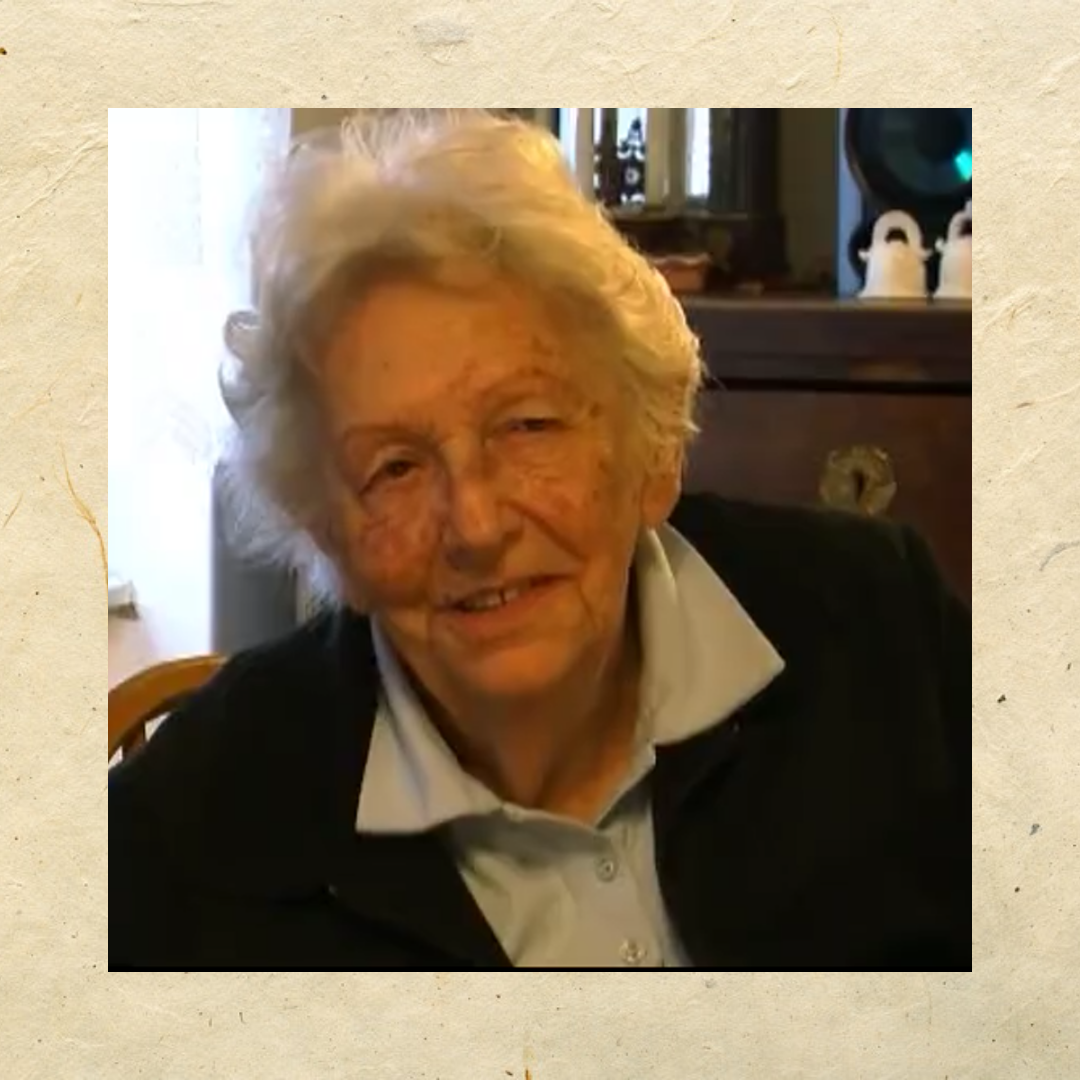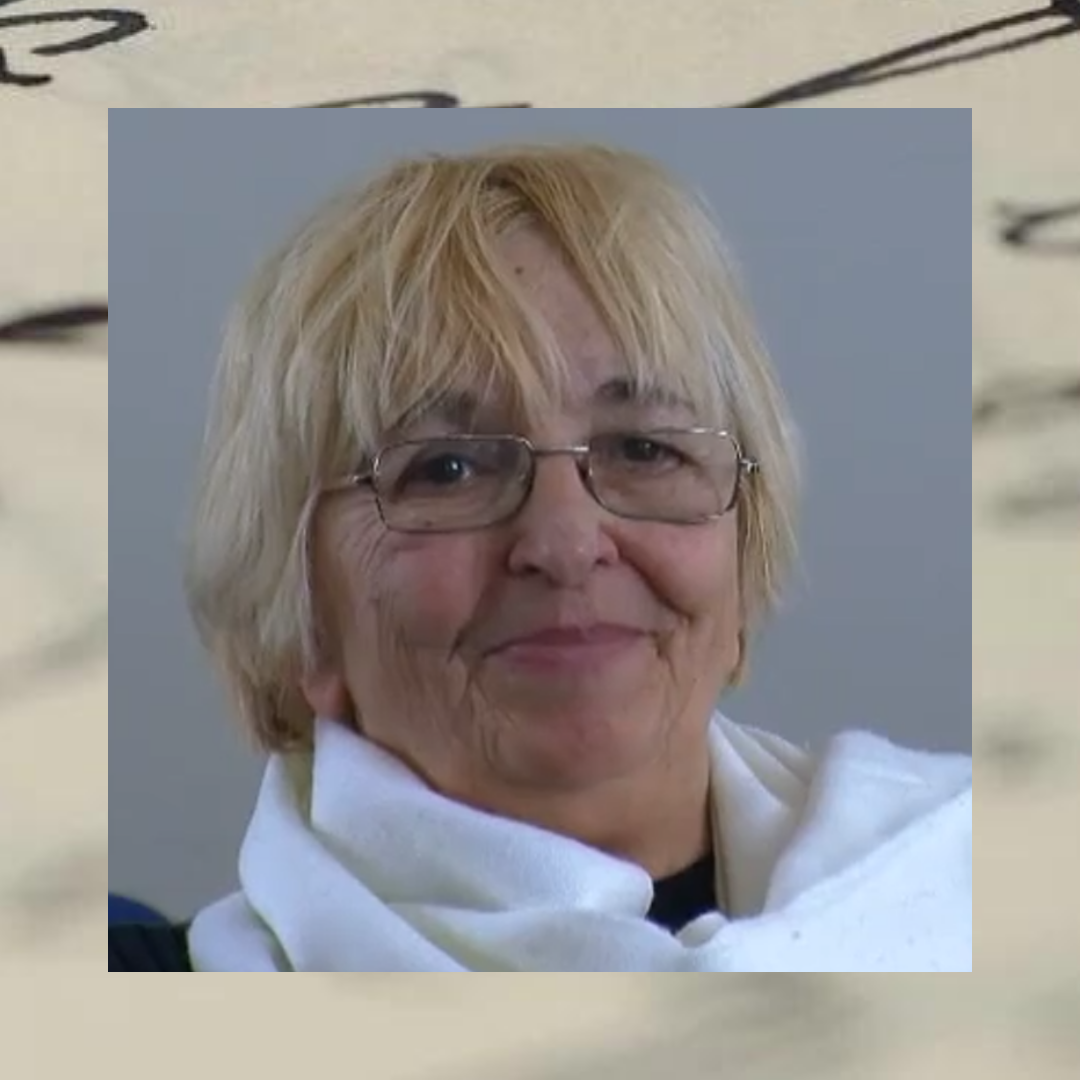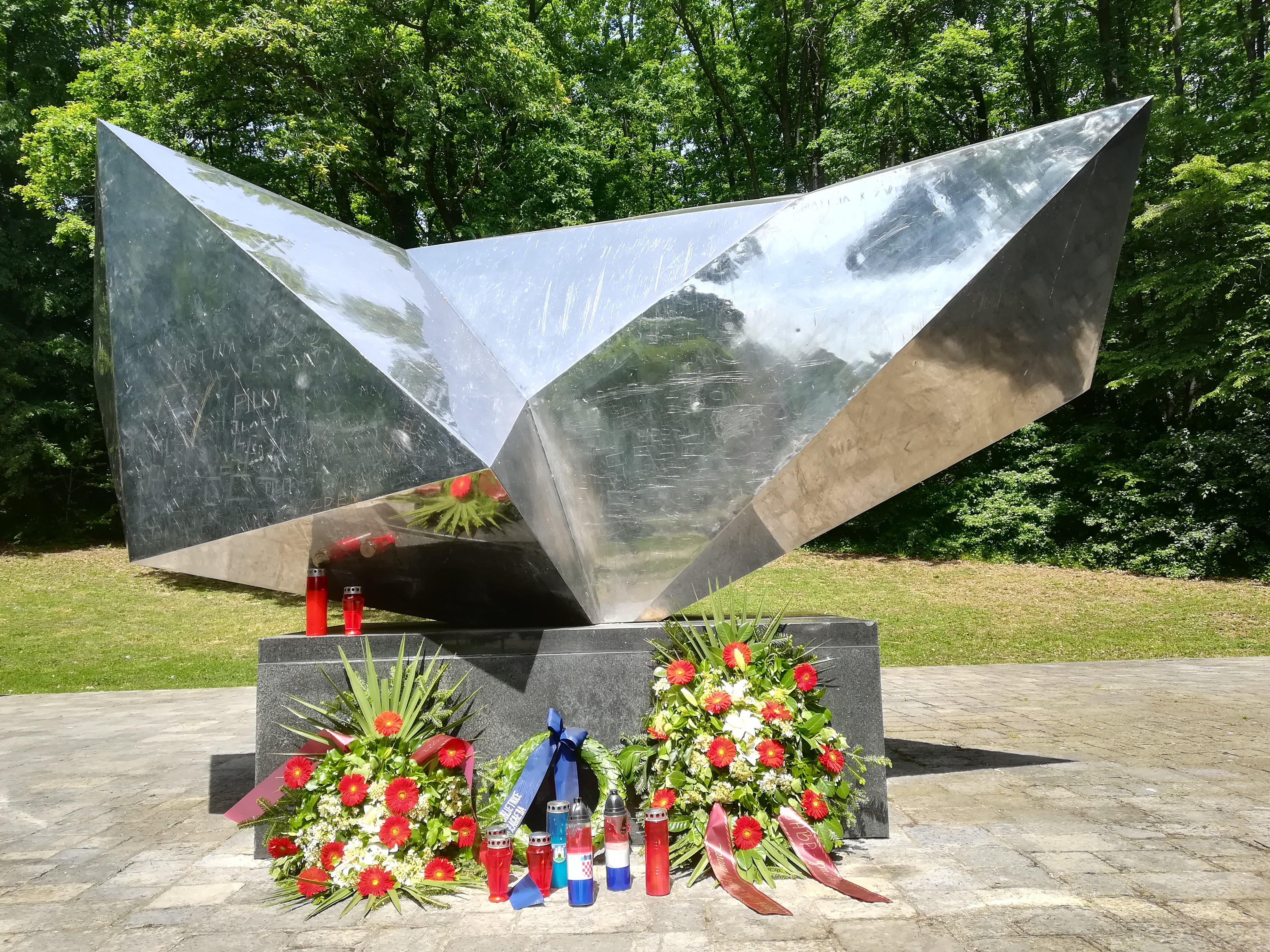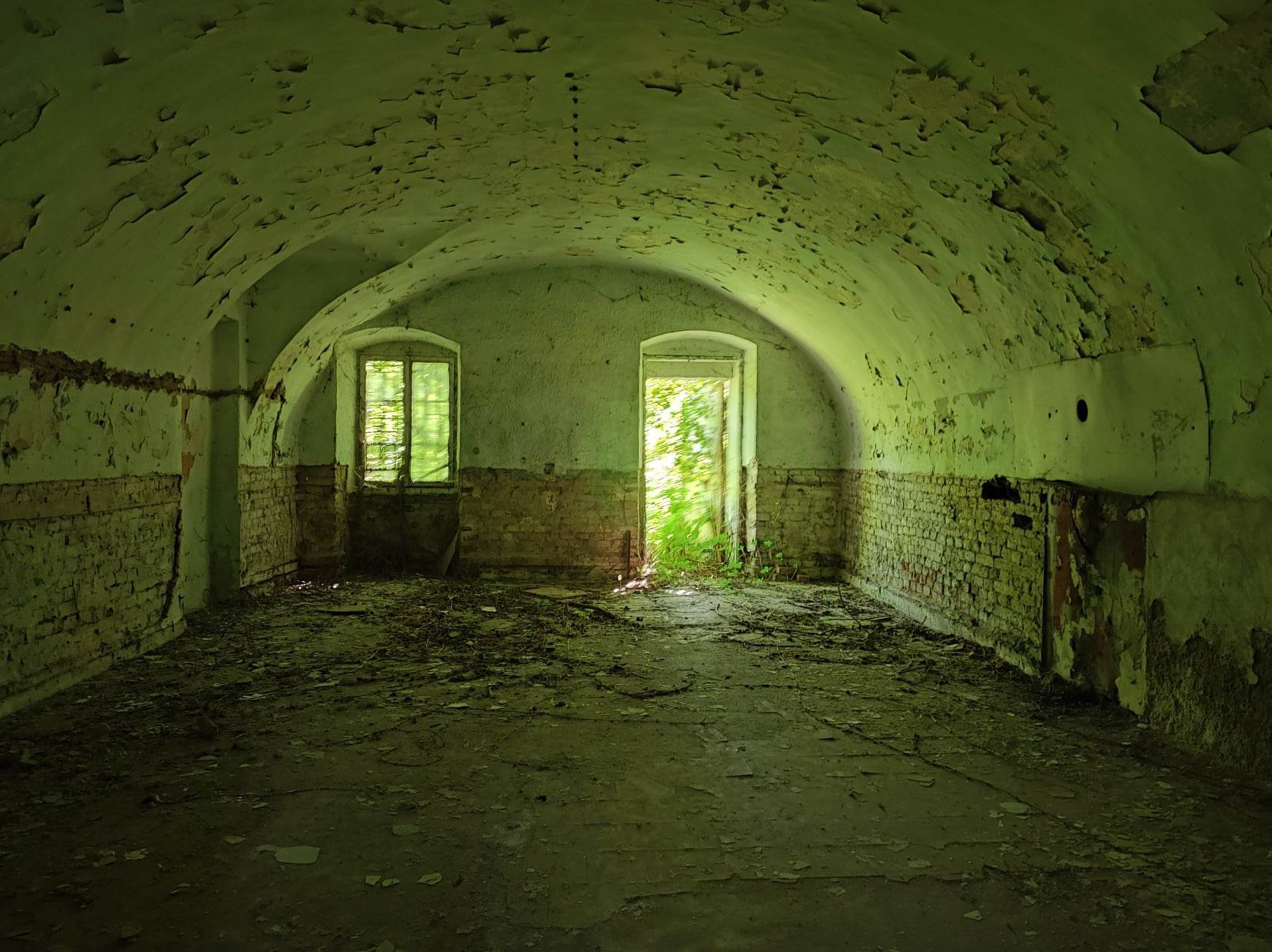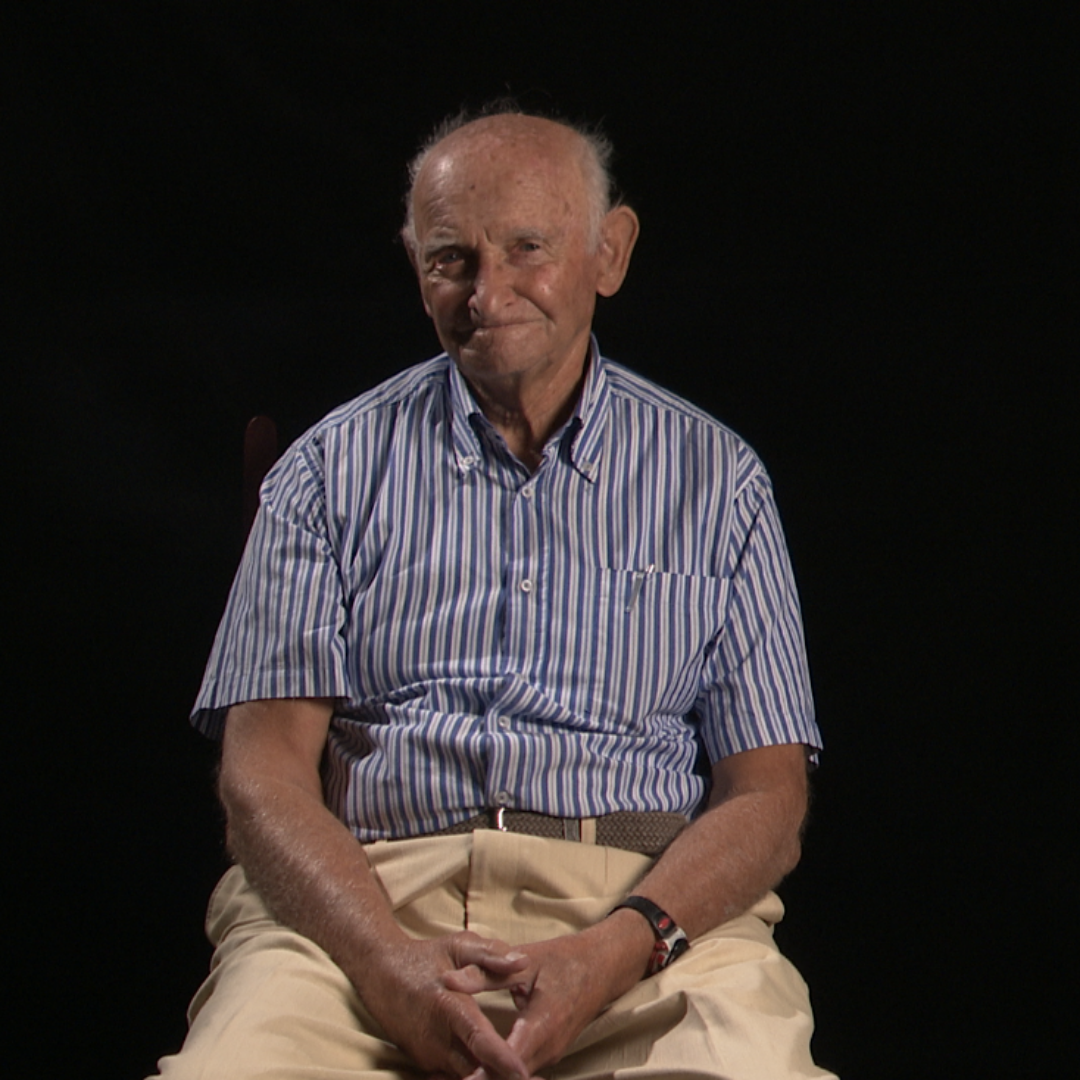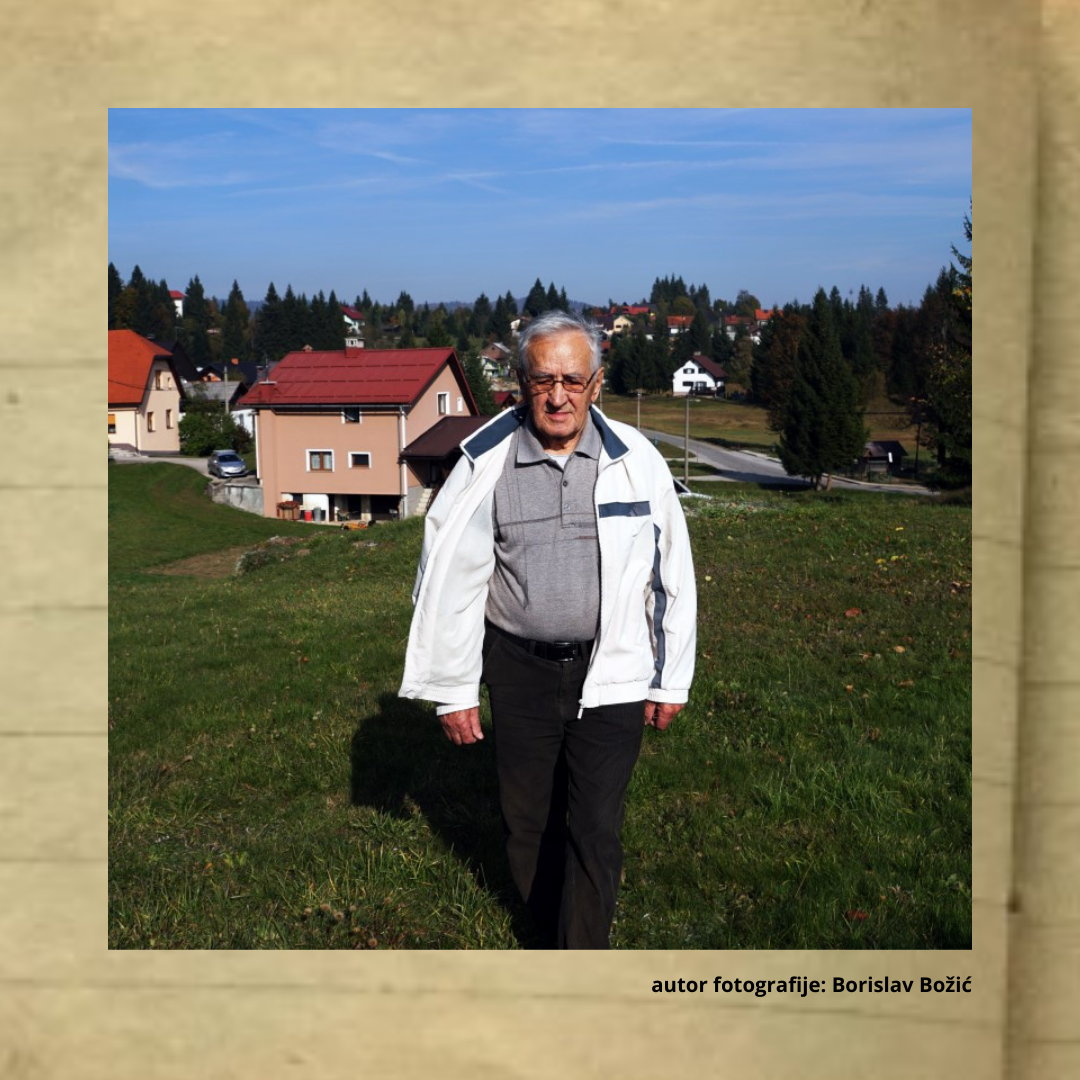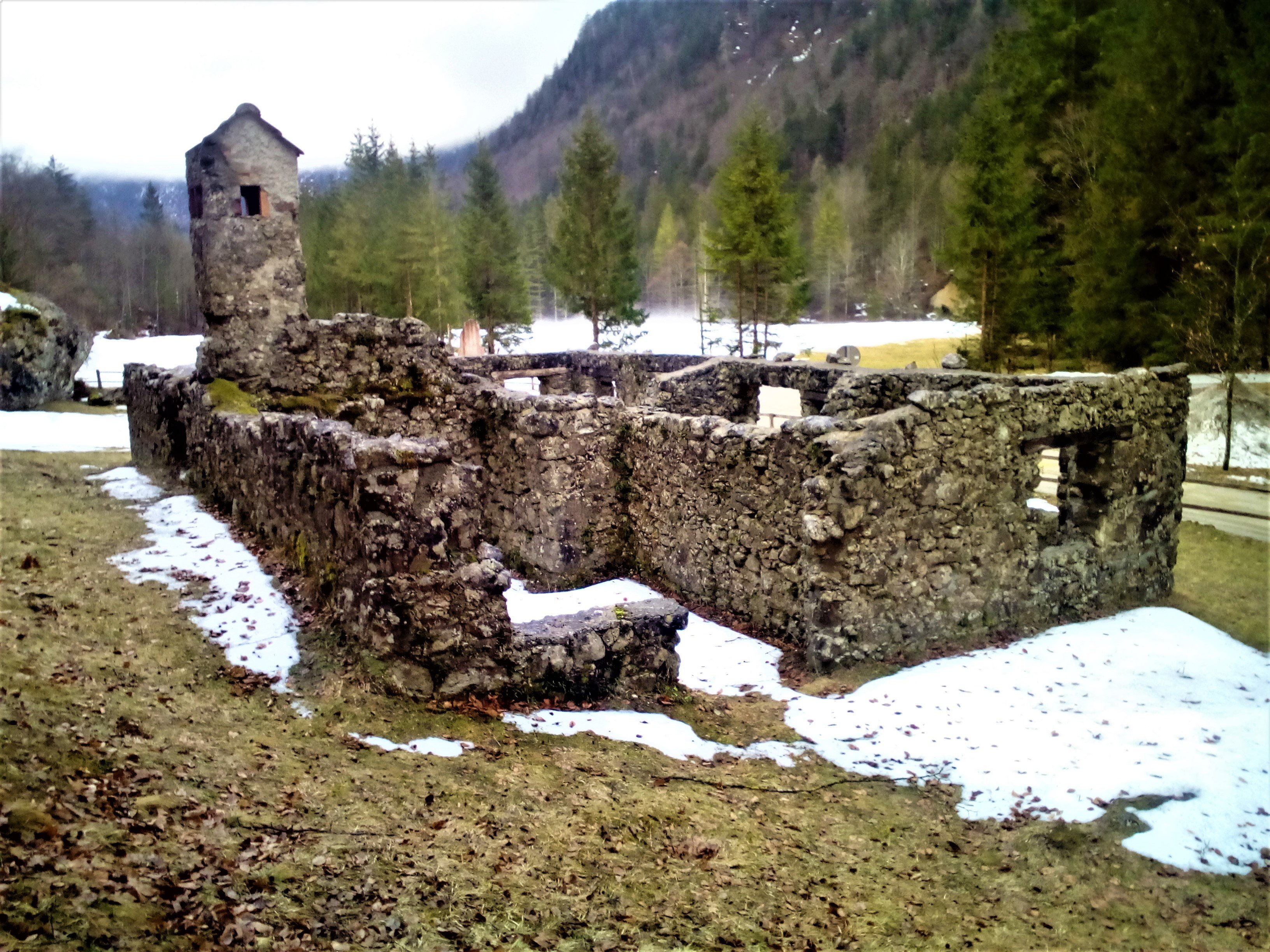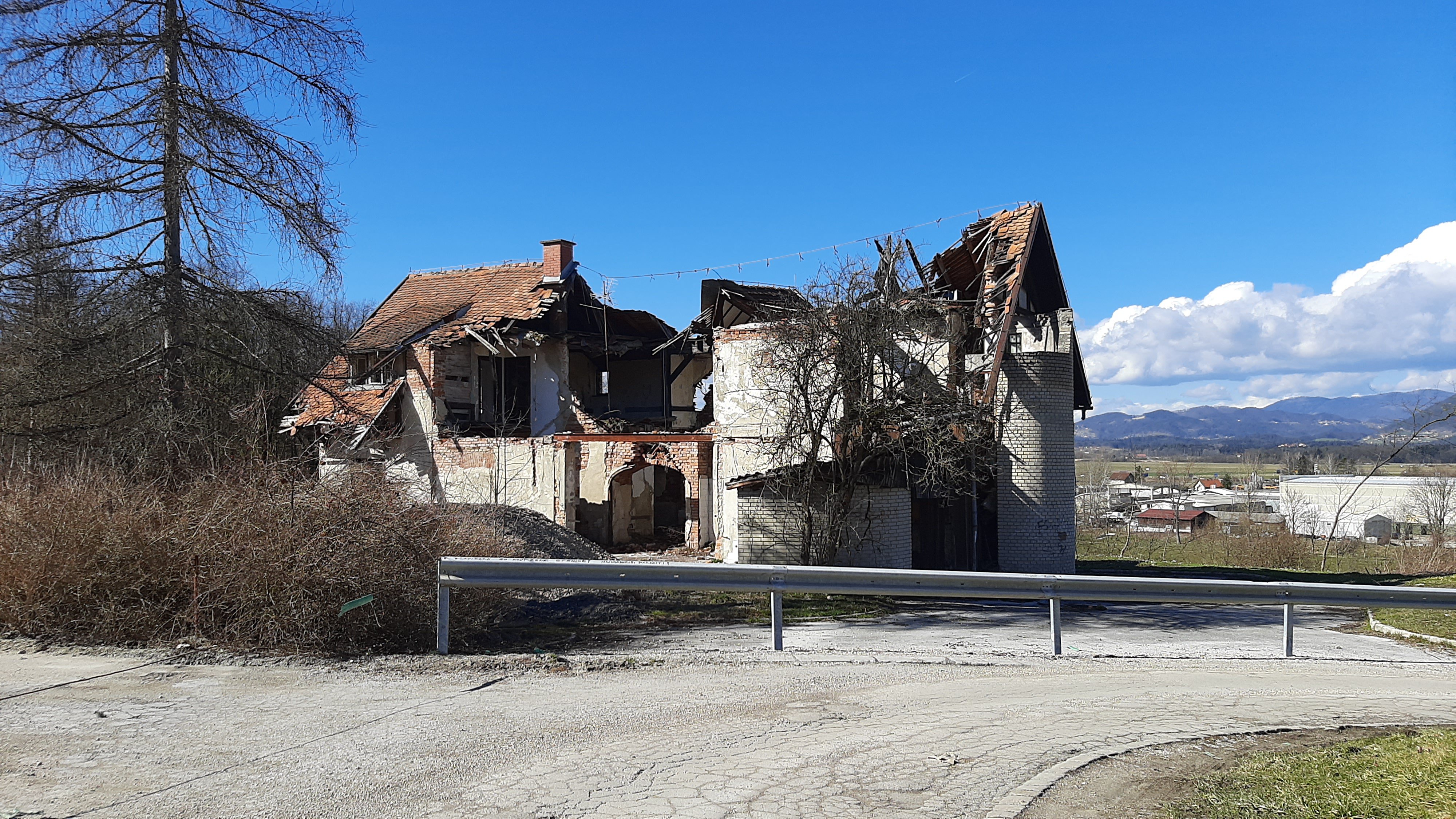Between Memory and Oblivion
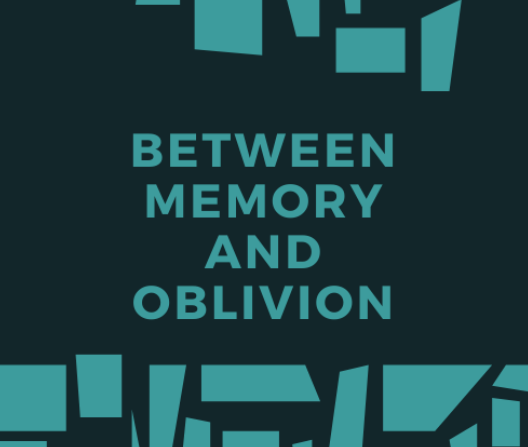
Between memory and oblivion: WWII places of remembrance (BMO)
The project “Between memory and oblivion: WWII places of remembrance (BMO)” was developed by Documenta – Centre for dealing with the past and its partners: JUSP Jasenovac (Croatia); Max Mannheimer Haus (Germany); Regensburg University (Germany); Associazione 4704 (Italy); Topografia per la storia (Italy); APIS Institute (Slovenia); and Socialna Akademija (Slovenia). The project is financed through the CERV programme of the European Union.
The main aim of the project is to foster a discussion on WWII places of remembrance (former concentration camps, forced work camps, killing sites, prisons..) and combating the status of abandonment and forgetting these places often are facing.
Through its activities, the project tackles the following three aspects:
1) Considers places of memory in different European countries, focusing on the transnational dimension of the Holocaust and other WWII genocides/systematic murder, while including its local and regional aspects.
2) Promotes further research of the selected places connected with the Holocaust and other WWII genocides/systematic murder and suffering of ethnic, religious, and marginalized groups during WWII, discuss educational practices in formal and non-formal education, and create new tools and materials. Through the discussion, suggestions, and new approaches and methods, the project will improve educational practices in schools, universities, and non-formal education.
3) Starts a discussion about the crimes committed during WWII in Europe, will remember and commemorate the victims, the survivors, and their families. By tackling historical myths, visiting the places, telling the stories of the victims and survivors, the project will contribute to the decreasing of Holocaust and other WWII genocides/systematic murder denial and distortion of the facts connected to WWII crimes.
The first activities of the project took place in May 2022, when representatives of the partner organizations met in Zagreb to discuss the implementation of the project. The coordinators presented the project timeline and activities, and discussed with the partners needs, risks, and expectations connected to the project activities and results. The partners discussed financial questions, as well as questions related to Communication and dissemination strategy. The group also visited the Dotrščina Memorial park in Zagreb, as an example of places of memory that are today less known and visible.
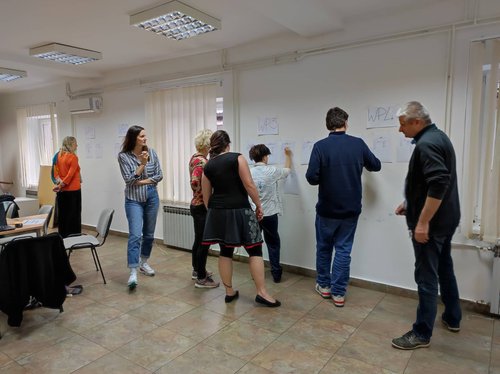
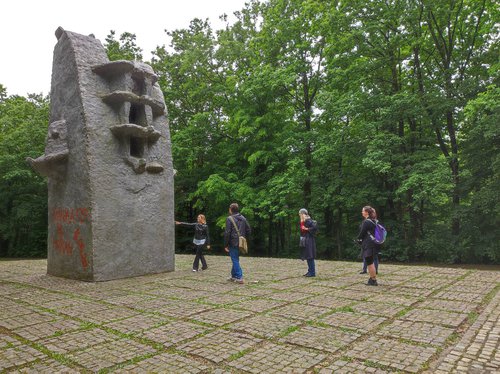
On May 31, 2022, the partners organized the first project activity open to the public, the public online forum „Between memory and oblivion”, with the aim of improving cooperation between memorials, museums, and educational institutions. In the panel, the speakers presented the situation of the Jasenovac Memorial Area and the need to strengthen the only institution in Croatia that systematically takes care of the heritage of the Second World War, through new opportunities and possibilities for national and European cooperation.
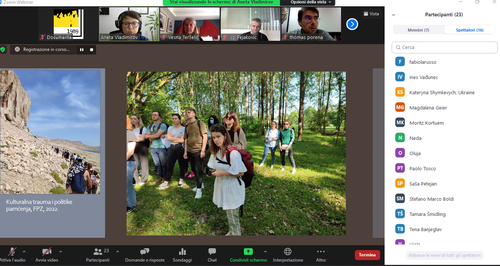
In July 2022, the partners organized the international workshop and study visit “Stara Gradiška: 1942 – 2022” with the aim to commemorate the 80th anniversary of the arrival of Diana Budisavljević in the camp Stara Gradiška, and remeber its young victims and survivors, through an educational, and musical program. The program lasted from the 9th to the 11th of July, and included a guided visit to Stara Gradiška and Jasenovac, presentation of good practices and didactic materials, and workshops.
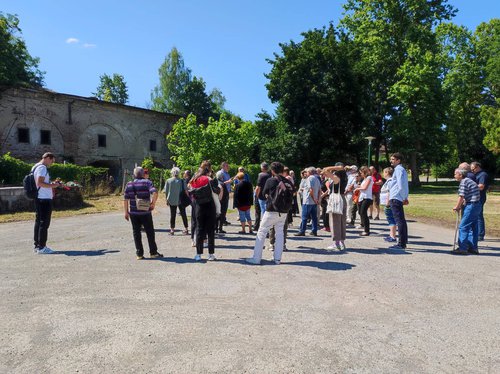
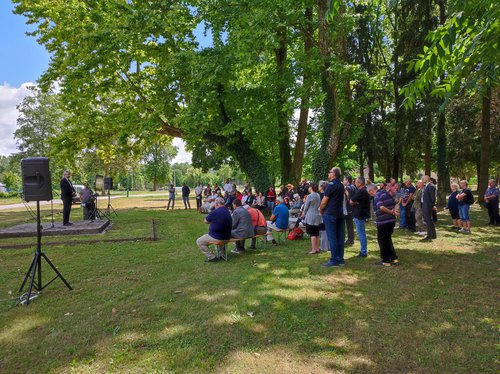
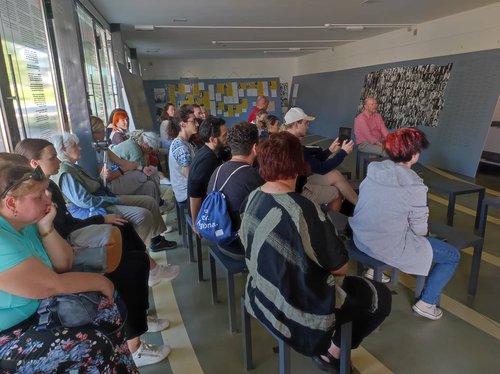
In August 2022, the partners organized a workshop in cooperation with “Rijeka/Fiume in flux”. The workshop aimed to present and test with the participants the application for smartphones “Rijeka/Fiume in flux”, developed by the University of British Columbia Okanagan (Canada). The participants were introduced to the history of Rijeka, with a focus on WWII and the pre and post-war periods, and had the chance to explore the city using the application, which includes maps, object descriptions, and virtual reality. The participants discussed the possibilities of applying digital tools to the field of history and historic and civic education.
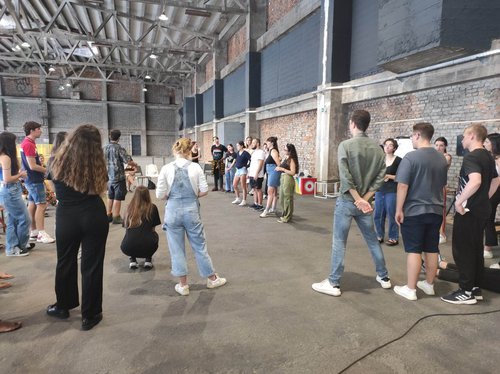
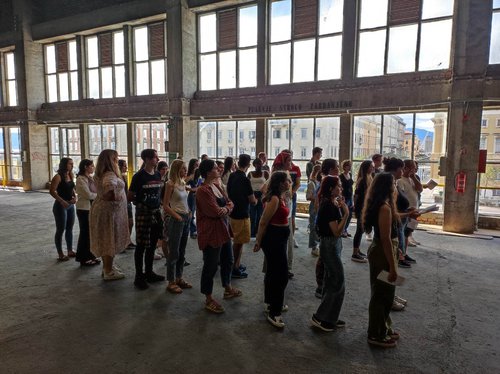
On September 27th, 2022, the partners organized an online discussion „Between memory and oblivion – part II”, to present to the public and further discuss examples of cooperation between memorials, local museums and education institutions. The panels brought together curators, teachers and youth workers with representatives of different memorial institutions to discuss the challenges of strengthening quality and relevance of Holocaust education and remembrance activities with young people. It also aims to identify new opportunities and propose recommendations for improving international interdisciplinary cooperation related to remembrance of crimes against humanity during Second World War.
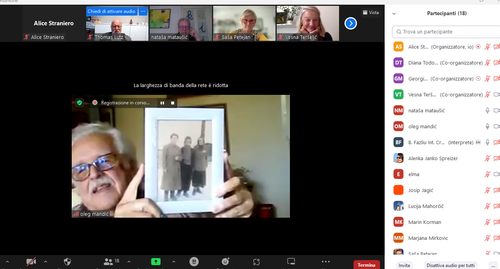
In the second half of 2022, the partners opened the call for papers „The transnational history and memory of world war ii crimes in Croatia, Bosnia and Herzegovina, Slovenia, and the northern Adriatic”. Through the call, the consortium invited researchers to send submissions for papers dealing with the transnational history and memory of marginalized and forgotten sites in Southeastern Europe where genocide and systematic murder took place during the Second World War, with a geographical focus on the territory of the "Independent State of Croatia", Dalmatia, the territories of Slovenia annexed by Germany, Italy and Hungary as well as the Italian, Slovenian, and Croatian territories on the Northern Adriatic, which were under fascist Italian control from 1941 and formed the Operational Zone of the Adriatic Littoral when Nazi Germany took control from September 10, 1943, onward.
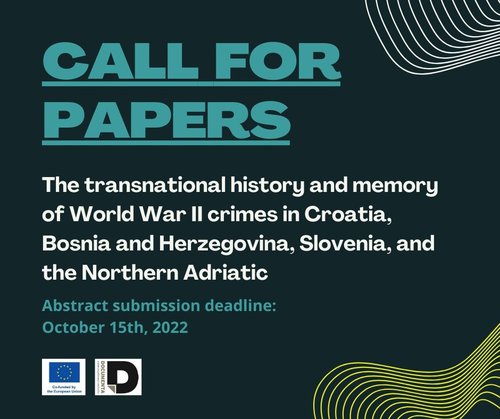
In October 2022, the partners organized the study visit „Between memory and oblivion” in Trieste and Koper. The study visit lasted from the 14th to the 17th of October, and included lectures from key speakers and experts, a city walk in Trieste, with a focus on less visible and memorialized places of memory, as well as in the close proximity of the city, in the towns of Basovizza and Opicina. The visit continued in Koper, with presentations, and a musical program. The study visit was concluded with the round table „Memorial architecture example of Island of Rab remembering internment in Italian fascist camps”.
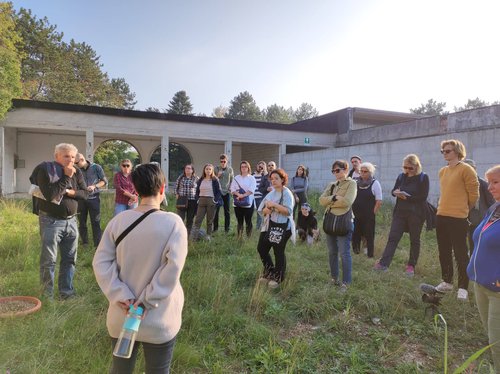
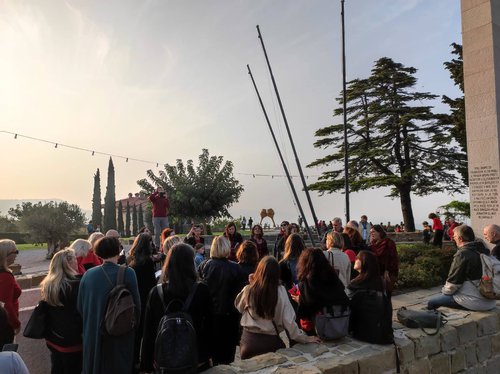
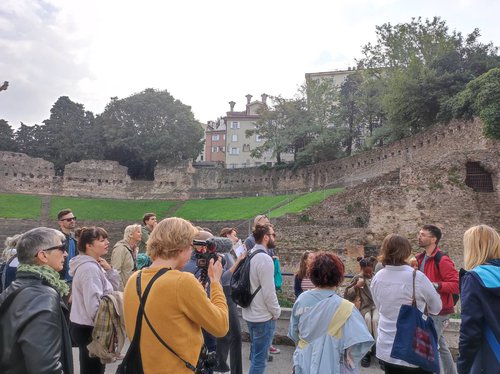
The project activities continued in 2023, with the organization of the international conference “The transnational history and memory of World War II crimes in Croatia, Bosnia and Herzegovina, Slovenia, and the Northern Adriatic”. The conference was held in the Leibniz-Institut für Ost- und Südosteuropaforschung, in Regensburg, from the 12th to the 14th of May 2023. Some sessions were also streamed online. The conference was the occasion to present to the public and a network of academics and scholars the chosen papers from the open call. The winning researches presented their research processes and new findings to their colleagues, developed a new network of contacts, and discussed possible forms of future cooperation in order to motivate other students, researchers and institutions to further deal with marginalized places of memory and their victims.
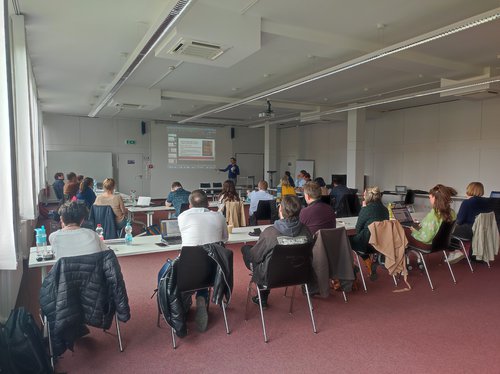
On May 24, the partners organized the online discussion “Between Memory and Oblivion”. The discussion focused on the challenges facing the culture of Holocaust remembrance, as well as other genocides remembrance, deeply linked with promoting European Values of human dignity, freedom, democracy, equality and rule of human rights today. The speakers included (in alphabetical order): Irena Joveva, Member of European Parliament; Predrag Matić, Member of European Parliament; Amedeo Osti Guerrazzi, PhD, University of Padova; Ivo Pejaković, Director of Jasenovac Memorial Site; and Manuel Sarrazin, German Federal Government Special Representative for the Countries of the Western Balkans. The two main questions discussed during the event were: 1) How to create better support for the protection of neglected cultural heritage sites from WWII? 2) How to efficiently confront distortion of historical facts about Holocaust and other WWII genocides and humanitarian law violations? The discussion was hold in English and Croatian languages.
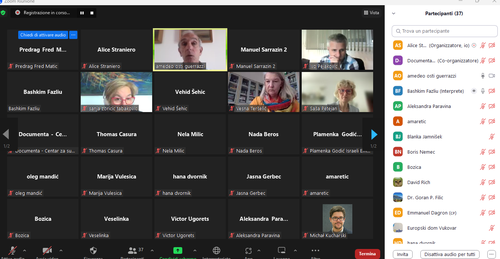
The summer school “Between Memory and Oblivion” took place in Zagreb from the 24th to the 26th of June 2023. The summer school dealt with the topic of culture of memory and remembrance/forgetting practices in Croatia, through different methodological tools, including lectures, visits, taking part in commemorations, and workshops. On the second day of the activity, the participants visited the locations of the former Ustasha concentration camps from Gospić-Jadovno-Pag system where mostly people of Serb and Jewish ethnic descent were killed during the summer of 1941, and take part in the annual commemoration. The summer school was attended by 20 young students and workers from Croatia, Italy, Germany, and Slovenia.
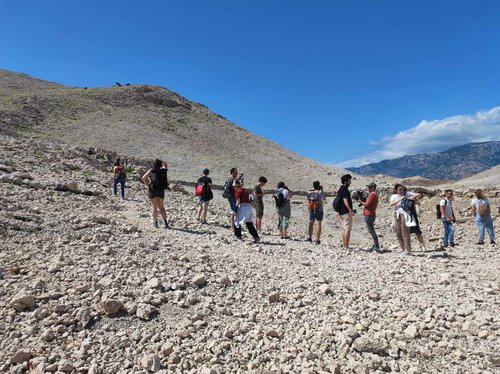
____________________________________________________________________________________________________________________
PROJECT RESULTS
1) Report on cooperation between Memorials, local Museums, and Education institutions with recommendations
2) Publication "Between Memory and Oblivion. Holocaust and other WWII Genocides in South Eastern Europe: marginalized and forgotten places of memory"
3) Handbook "Between Memory and Oblivion: Handbook for WWII and Holocaust education"
4) Video
https://www.youtube.com/watch?v=iW2ZhPWJ6-w
____________________________________________________________________________________________________________________
Report on project activities
WP1:
WP2:
WP3:
WP4:
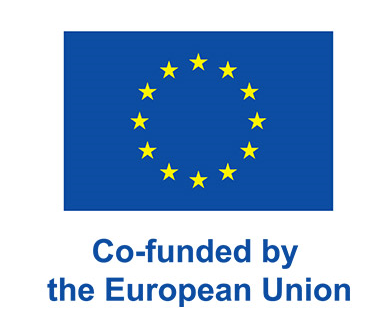
News
BMO / Online campaign - The double deportation: from Molat, to Fertilia to the German concentration camps
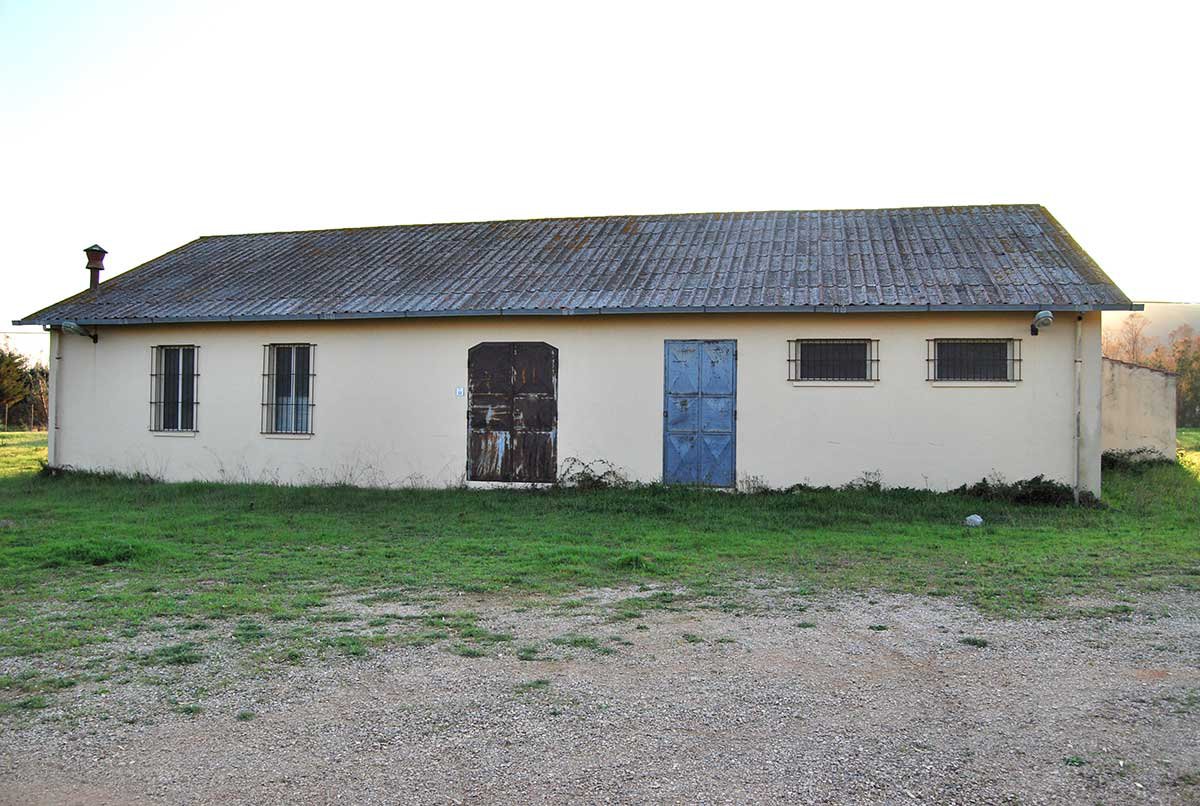
BMO / Online campaign - Like stone and bone: welcome address by Irena Joveva, member of the European Parliament for Slovenia
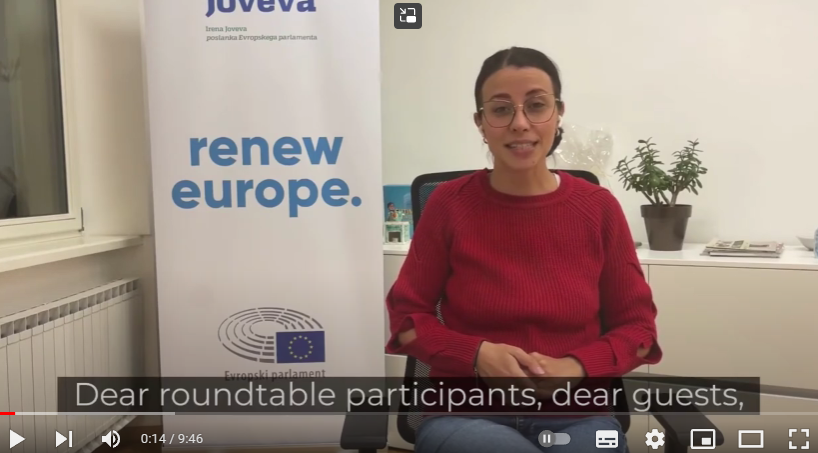
BMO / Online campaign - Report on cooperation
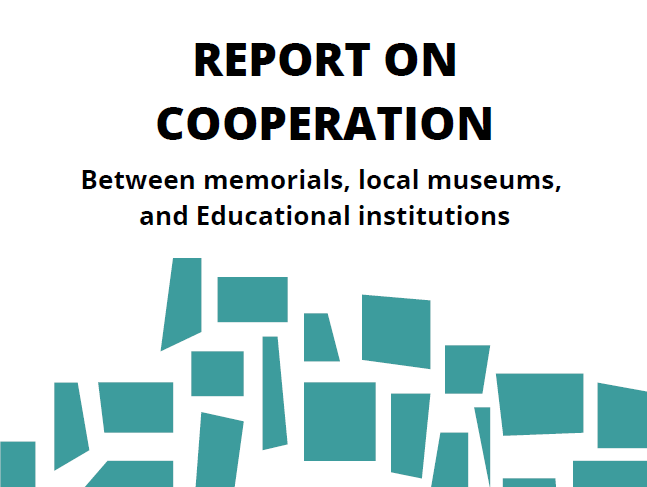
REPORT ON COOPERATION - Between memorials, local museums, and Educational institutions

